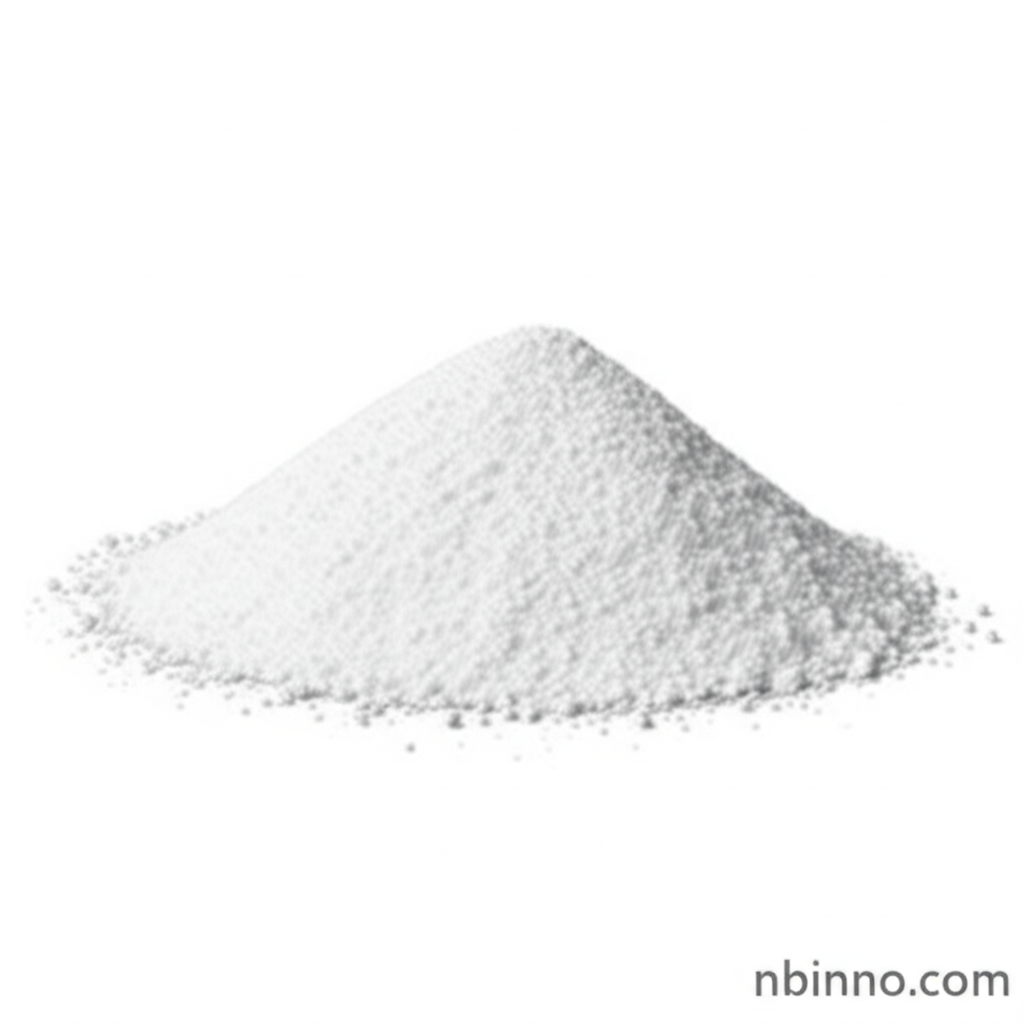Potassium Carbonate (K2CO3): Properties, Uses, and Applications in Industry
Explore the essential chemical compound Potassium Carbonate (K2CO3), its key properties, and diverse industrial applications.
Get a Quote & SampleProduct Core Value

Potassium Carbonate
Potassium carbonate is a versatile inorganic compound (K2CO3), also known as potash or pearl ash. It is characterized by its white, crystalline appearance and its solubility in water, forming a strongly alkaline solution. Its hygroscopic nature means it readily absorbs moisture from the air. Historically, it was produced by heating potash in a kiln, but modern production typically involves reacting potassium hydroxide with carbon dioxide. Its alkaline properties and chemical reactivity make it invaluable across numerous industrial sectors, from food processing to manufacturing and environmental applications.
- Discover the uses of potassium carbonate in food, where it functions as an acidity regulator and leavening agent, contributing to the texture and flavor of various products.
- Understand the potassium carbonate properties, including its alkaline nature and solubility, which are key to its functionality in different chemical processes.
- Learn about the potassium carbonate production methods, highlighting the chemical reactions involved in its synthesis.
- Explore the wide range of potassium carbonate industrial applications, showcasing its importance in sectors like glass manufacturing, agriculture, and water treatment.
Key Advantages
pH Regulation
Potassium carbonate is excellent for pH regulation in various industrial processes, ensuring optimal conditions for reactions and product stability, crucial for applications like winemaking and food processing.
Industrial Versatility
Its diverse range of applications, from fluxing in glass manufacturing to acting as a fertilizer in agriculture, highlights its industrial versatility.
Chemical Reactivity
The chemical reactivity of potassium carbonate, particularly its ability to form alkaline solutions and react with acids, makes it a valuable component in detergents and cleaning agents.
Key Applications
Glass Manufacturing
Potassium carbonate acts as a flux in glass production, lowering melting points and enhancing clarity, strength, and refractive index, making it vital for optical glass and screens.
Food Industry
Used as an acidity regulator and leavening agent, it improves the texture and flavor of products like cocoa powder, noodles, and baked goods, often referred to as 'Dutching'.
Agriculture
As a source of potassium, it enhances soil quality and boosts crop yields by improving plant growth, water regulation, and resistance to stressors.
Detergents and Cleaners
Its alkaline properties make it effective in detergents and cleaners for removing stains and softening hard water, contributing to effective household cleaning.
